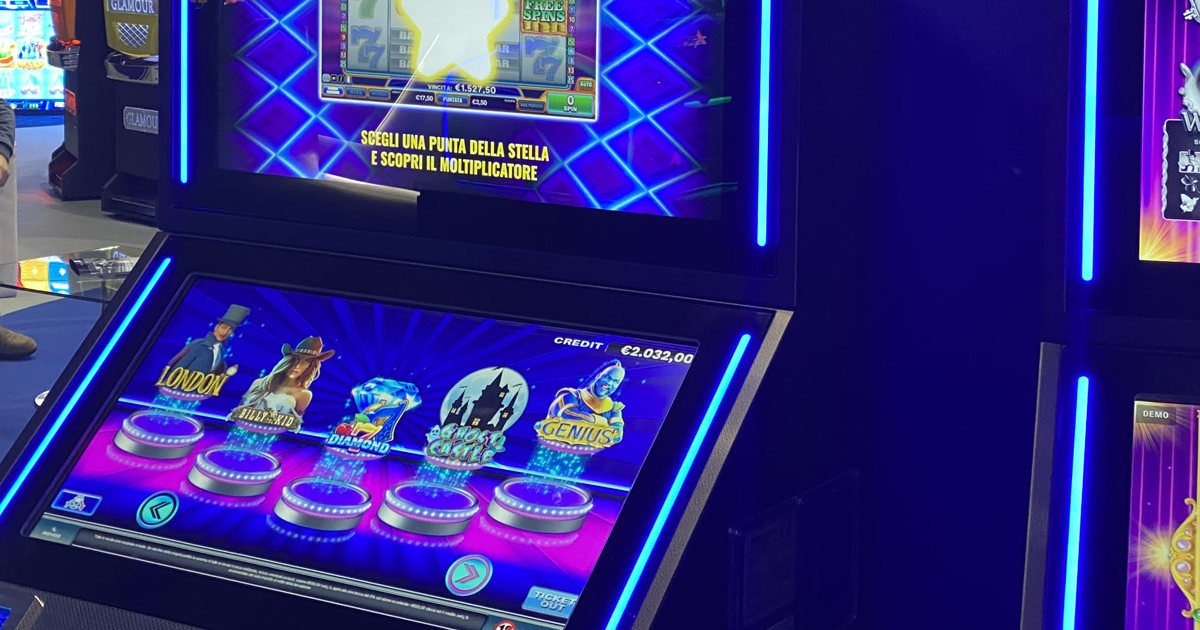Lo Di Meo Law Firm of Avellino followed a singular incident which involved the owner of a slot and VLT room and one of his employees, and together with them a customer.
During an administrative check within the business, ADM (Customs and Monopolies Agencies) officials did not find any irregularities, so much so that a completely negative report was drawn up. However, near the end of the operations, they noticed that an employee, at the request of a customer, provided the latter with a health card, as he did not have one, in order to access the use of the VLT. The circumstance attracted the attention of ADM officials, who then found another five health cards placed in some drawers, left in the restaurant by distracted customers and collected by the staff.
This led to the initiation of criminal proceedings against the customer, who was accused of the crime referred to in the art. 494 c.p. (substitution of person), for having used someone else's health card, in collaboration with the employee of the business and with the owner of the same.
The lawyer Ferdinando G. Di Meo, having assumed the defense of the owner of the business and of the employee in charge thereof, submitted to the Court of Avellino a request for review against the measure of seizure of the health cards in question, which however was rejected as the Court believed that there was no legitimacy to appeal , as neither the owner of the business nor the employee are holders of health cards.
Furthermore, the same arguments contained in the request for review were reiterated by the lawyer. Di Meo during the conversation with the Public Prosecutor's Office, to which, essentially, more than solid arguments were proposed, with briefs, which could well have led to the case being shelved.
In a nutshell, leaving aside the issues and problems of a strictly procedural nature, which had also been raised, on the merits of the matter it was observed that the health card is not an identification document and that for the use of VLTs, i.e. video lotteries , the health card has, no more and no less, the same function as it has for the purchase of tobacco in vending machines.
In fact, the distributor, just like the VLT, requires the insertion of the health card for the sole purpose of mechanically verifying the age of majority of the customer or user, who otherwise cannot purchase cigarettes, just as he cannot use the VLT.
The machine, however, does not acquire, does not store or process personal data, and, consequently, if the person who physically uses the health card is perchance a person other than the holder of the same, the latter does not suffer any type of damage, does not suffer from any infringement of its rights or interests, and no type of crime or administrative offense can arise.
This, of course, on the condition that the user is actually an adult, given that otherwise the sanctions deriving from allowing access to the game to minors would be triggered, and, at that point, a criminal offense could also be hypothesized, because in fact the The user would attribute to himself a quality that he does not have, i.e. being of age.
Moreover, if one were to think otherwise, it would be sufficient that when using a cigarette vending machine, if by chance you ask to borrow a health card from a friend or family member, perhaps because your own does not work or because you don't have it at that moment has with you, when you insert your health card, if by chance a member of the police force is wandering around, incredibly you risk ending up on trial.
Furthermore, the arguments expressed, together with other detailed considerations, did not initially seem to convince the investigating bodies, who during the investigations proceeded to obtain summary information regarding the holders of the health cards found in the slot and VLT room, who however promptly confirmed of having actually lost them, carelessly leaving them on the VLTs or in any case inside the venue.
Finally, at the end of the investigations, the Public Prosecutor's Office of Avellino itself made a request for dismissal, highlighting, in fact, that the health cards had simply been lost, and that in any case the health card is not an identification document.
In turn, the GIP at the Court of Avellino accepted the request for dismissal, on the basis of the finding that the circumstances do not allow it to be considered that there has been induction into error, as required by the art. 494 of the Criminal Code, and that, on the other hand, there is no evidence that the health cards found were used by subjects other than the owners.











